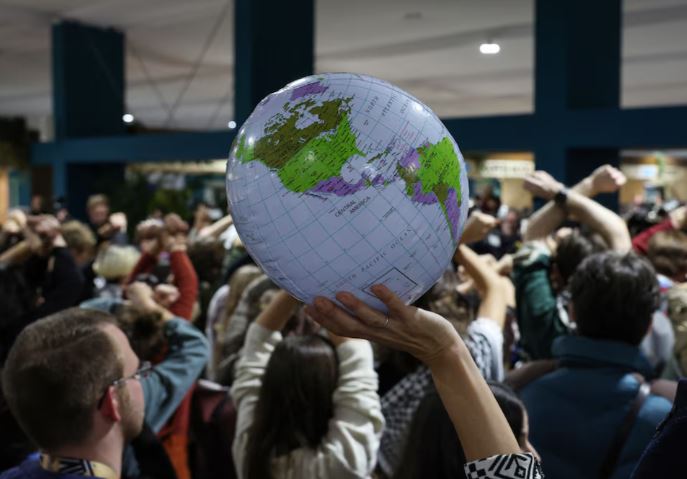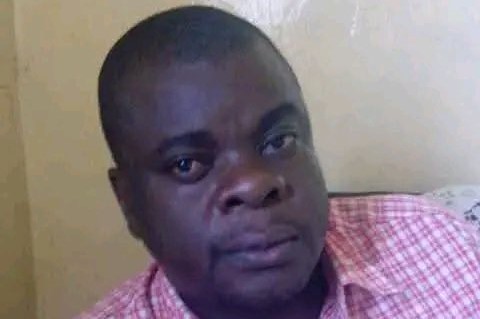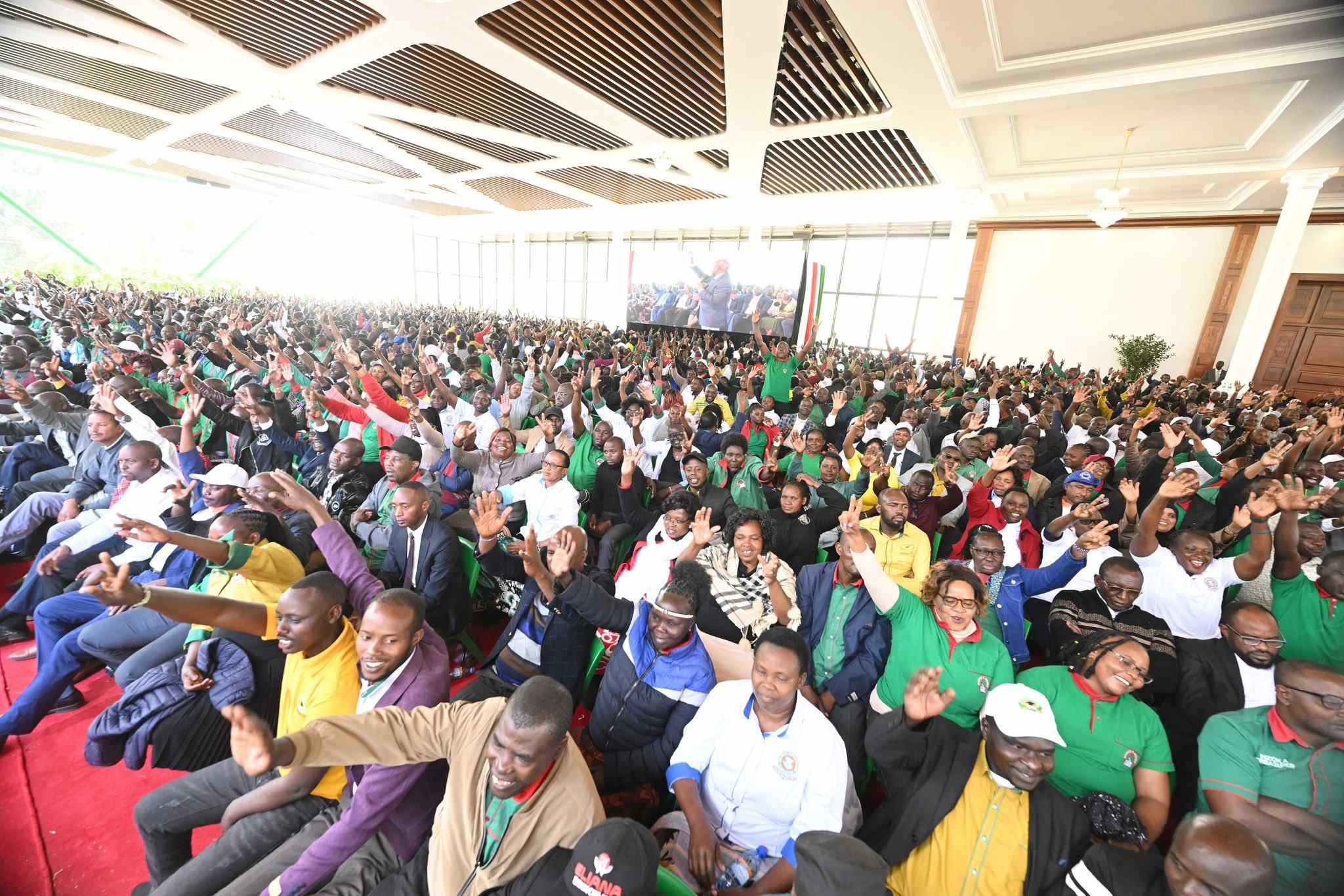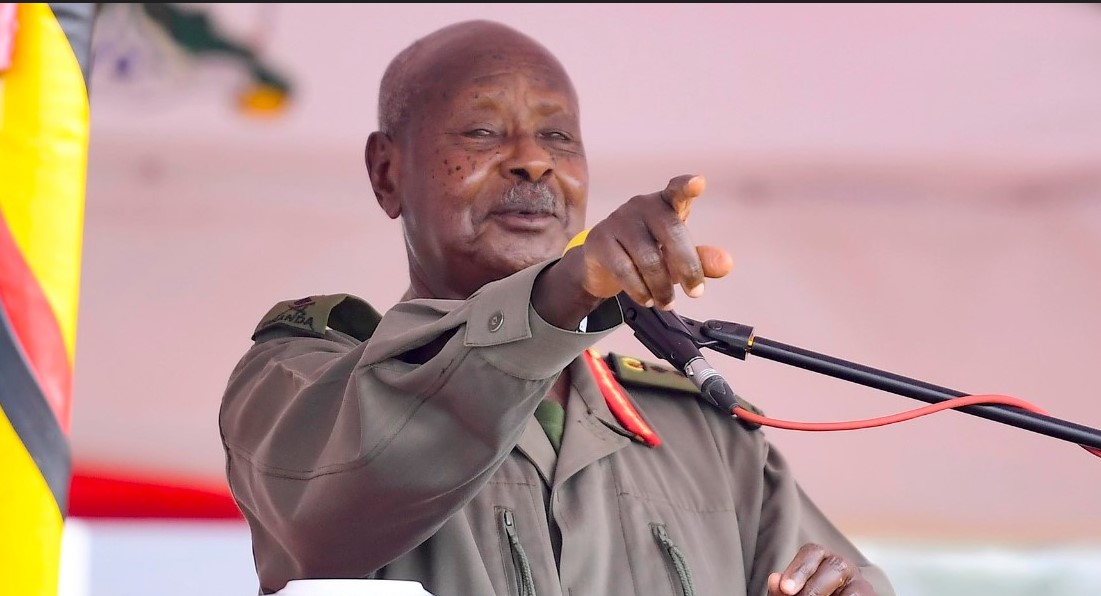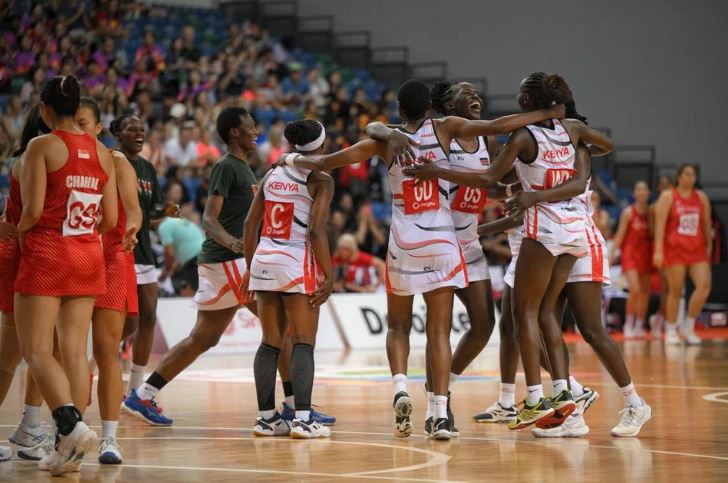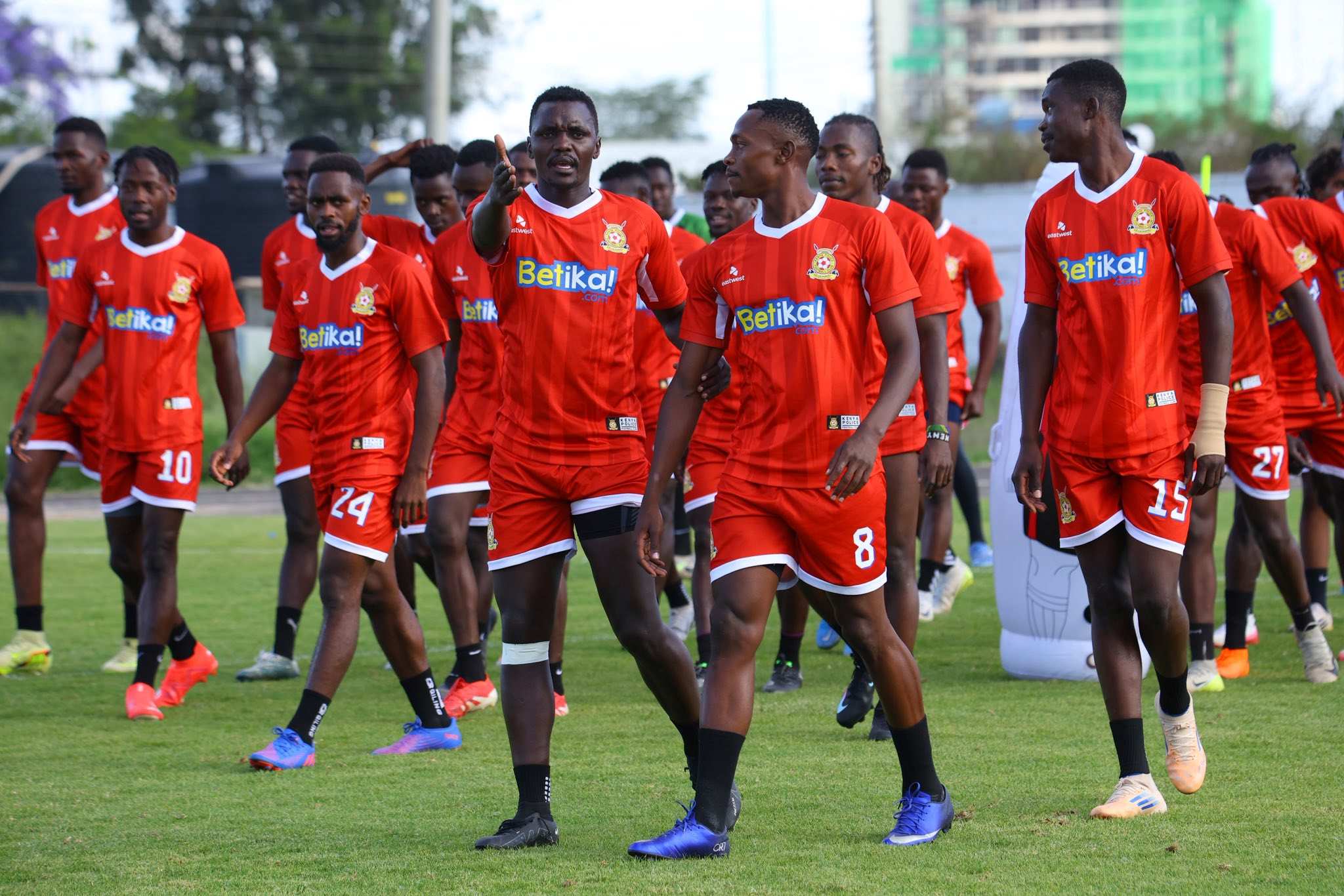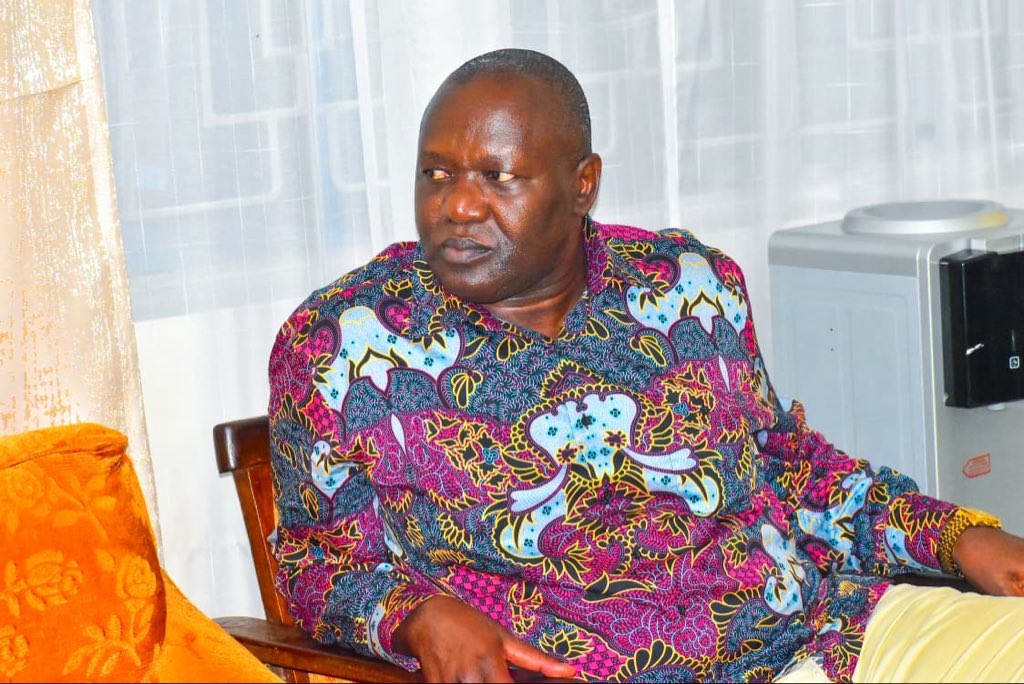Papua New Guinea PM says tribal bloodshed was 'domestic terrorism'
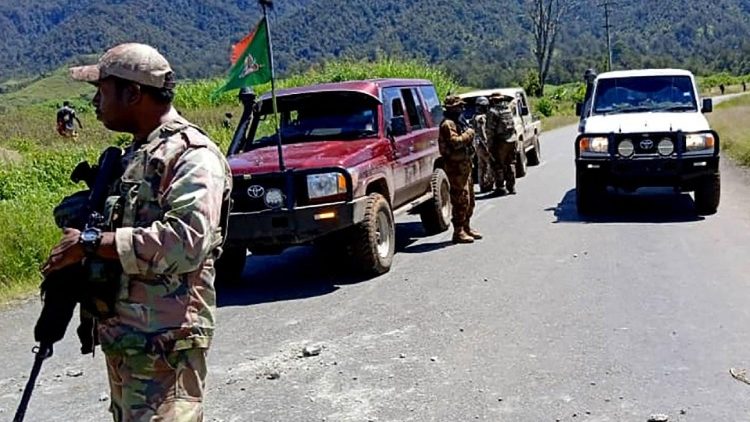
With citizens horrified by gruesome images of hacked and bloodied bodies piled by the road, and his country's international reputation in tatters, PM James Marape insists his government will act.
Papua New Guinea's Prime Minister labelled a mass tribal killing in the country's highlands an act of "domestic terrorism" Tuesday while vowing tougher measures to tackle mounting "lawlessness".
James Marape told Parliament that a clash between rival tribal fighters that killed dozens near the village of Wapenamanda would prompt a raft of reforms to combat "domestic terrorism".
With citizens horrified by gruesome images of hacked and bloodied bodies piled by the road, and his country's international reputation in tatters, Marape insisted his government would act.
"We know that the number one threat facing us is lawlessness", he told lawmakers. "The economic growth and everything else that's happening will be totally redundant" without security, he said.
Police, government and local officials put the number of dead in the attack at between 49 and 64 -- but the toll looks set to increase, as bodies continue to be found in nearby bushland.
The area has seen regular tit-for-tat tribal attacks over decades, with each revenge raid or ambush bringing a new cycle of violence.
Marape urged those close to the victims of the latest round of bloodshed not to take matters into their own hands.
"I want to encourage our youth out there, at no time must you proceed to another tribal land", he said.
Similar calls by previous governments have generally been ignored.
Marape, under pressure after recent unrelated riots in major cities, said new anti-terrorism laws would soon be introduced to Parliament.
The laws would criminalise terror financing and incitement, provide police with enhanced surveillance powers and establish a "special policing zone" across the highlands, according to police officials.
Marape also rejected opposition calls to fire the country's police commissioner.
"We have been changing police commissioners as we've been changing our underwears", he said, insisting a rotating cast of police leaders in recent years had destabilised the force.
Story by AFP
Top Stories Today
